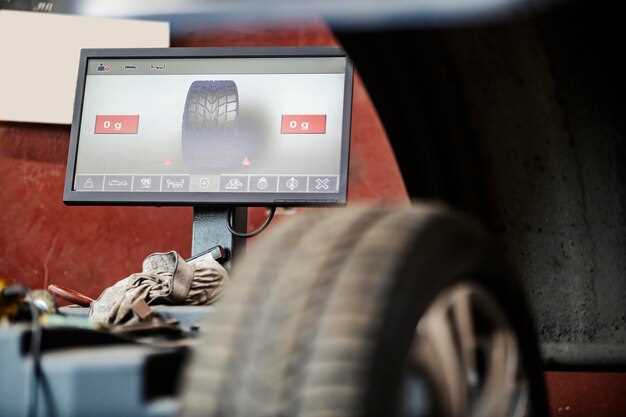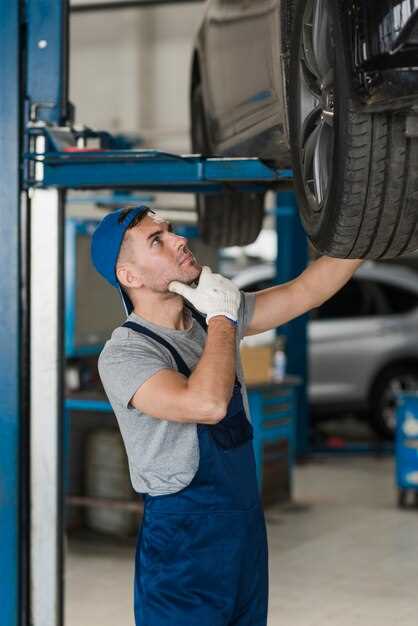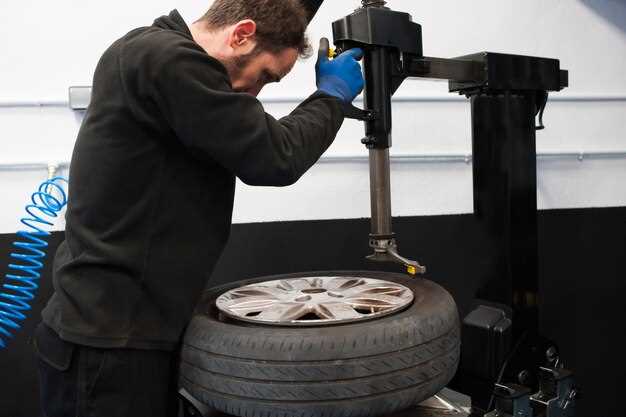
Maintaining a vehicle’s health goes beyond regular oil changes and brake checks; it involves ensuring that every component functions harmoniously. One of the most critical aspects often overlooked is wheel alignment. Proper wheel alignment directly influences tire performance and longevity, affecting not only the vehicle’s handling but also overall safety on the road.
When wheels are not properly aligned, it leads to uneven tire wear, significantly shortening their lifespan. Misalignment can cause tires to wear down at different rates, resulting in the need for premature replacements. This not only increases costs for vehicle owners but also poses a safety risk as tires lose their grip and stability over time.
In addition to tire wear, improper wheel alignment can negatively impact fuel efficiency and driving comfort. A vehicle that pulls to one side or requires constant steering adjustments can make driving less enjoyable and more tiring. Therefore, regular wheel alignment checks are essential for maintaining a vehicle’s overall health and performance.
Understanding the Impact of Misalignment on Tire Wear

Wheel alignment is crucial for the overall health of a vehicle, particularly when it comes to tire longevity. When wheels are misaligned, they do not point in the same direction, causing uneven distribution of weight across the tires. This misalignment leads to excessive wear in specific areas, reducing the lifespan of the tires significantly.
One of the primary effects of misalignment is irregular tread wear. If one tire is out of alignment, it can cause the tread on that tire to wear down faster on one side compared to the other. This uneven wear not only compromises the tire’s performance but also affects handling and stability during driving.
Moreover, misalignment can increase rolling resistance, making the engine work harder. This added strain can result in higher fuel consumption and further accelerate tire wear. As the tires wear unevenly, the chances of blowouts or poor traction increase, posing safety risks to the driver and passengers.
Regularly checking and adjusting wheel alignment is essential to minimize these impacts. Maintaining proper alignment helps ensure that tires wear evenly, enhances fuel efficiency, and ultimately contributes to a smoother driving experience. Properly aligned wheels are not just about tire health; they are a pivotal aspect of overall vehicle performance and safety.
Signs Your Vehicle Needs a Wheel Alignment Adjustment

Proper wheel alignment is crucial for the overall health of your vehicle. When misalignment occurs, several signs may indicate that an adjustment is necessary. One of the most noticeable indicators is uneven tire wear. If you observe more wear on one side of the tire compared to the other, this could be a direct result of alignment issues.
Another significant sign is the vehicle pulling to one side while driving. If you find yourself constantly adjusting the steering wheel to maintain a straight path, it’s likely that your wheels are not aligned correctly. This not only affects driving comfort but can also pose safety risks.
Additionally, if your steering wheel is off-center when driving straight, this misalignment often suggests that your wheels need adjustment. Furthermore, if you experience a vibration or shaking in the steering wheel, it may be related to improper alignment affecting the overall stability of your vehicle.
Increased fuel consumption can also be a subtle sign of alignment issues. Misaligned wheels create more rolling resistance, leading the engine to work harder and consume more fuel. Regularly monitoring these signs can help maintain your vehicle’s health and prolong the life of your tires.
Long-Term Benefits of Regular Wheel Alignment Checks
Regular wheel alignment checks are vital for maintaining the overall health of your vehicle. Proper alignment ensures that your wheels are positioned correctly, which directly affects tire wear. When wheels are misaligned, certain areas of the tires experience excessive friction, leading to uneven wear patterns. This uneven wear not only shortens the lifespan of your tires but also increases the frequency and cost of replacements.
Regular alignment checks can significantly enhance fuel efficiency. When wheels are aligned properly, your vehicle rolls more smoothly, requiring less energy to maintain speed. A well-aligned vehicle consumes less fuel over time, saving you money at the pump. Furthermore, it reduces the strain on the engine, contributing to its longevity and optimal performance.
In addition to extending tire life and improving fuel efficiency, proper alignment plays a crucial role in vehicle handling and safety. Misaligned wheels can cause steering issues, making it difficult to control the vehicle, especially during adverse weather conditions. Regular checks ensure that your wheels are aligned, providing a safer driving experience for you and your passengers.
Ultimately, investing in routine wheel alignment checks is an essential aspect of vehicle maintenance. The long-term benefits include reduced wear on your tires, improved fuel efficiency, enhanced safety, and lower maintenance costs. Ensuring that your wheels remain properly aligned is a proactive approach to preserving your vehicle’s health and performance over time.

